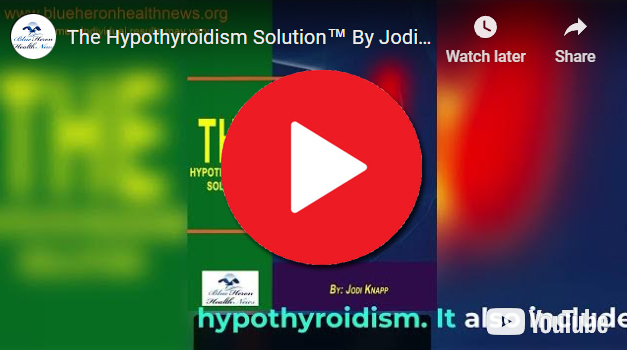
Hypothyroidism is a condition in which the thyroid gland does not produce enough thyroid hormones to meet the body’s needs. While it cannot be completely prevented, there are certain measures that can help reduce the risk of developing hypothyroidism or manage its symptoms. Here are some tips for disease prevention and management:
- Balanced Diet: Eat a well-balanced diet that includes foods rich in iodine, selenium, and zinc. These nutrients are important for the proper functioning of the thyroid gland. Good sources of iodine include seaweed, seafood, and iodized salt. Selenium-rich foods include Brazil nuts, tuna, and eggs. Zinc can be found in foods like lean meats, nuts, and legumes.
- Iodized Salt: Use iodized salt in your cooking and food preparation. Iodine is necessary for the production of thyroid hormones, and iodized salt is a simple way to ensure you’re getting enough iodine in your diet.
- Regular Exercise: Engage in regular physical activity to help maintain a healthy weight and promote overall well-being. Exercise can also help support thyroid function.
- Manage Stress: Chronic stress can negatively affect thyroid function. Practice stress management techniques such as meditation, yoga, deep breathing exercises, or engaging in activities you enjoy.
- Regular Thyroid Check-ups: If you have a family history of hypothyroidism or any other thyroid disorders, it’s important to have regular check-ups with your healthcare provider. They can monitor your thyroid function and detect any abnormalities early on.
- Avoid Smoking: Smoking has been associated with an increased risk of autoimmune thyroid diseases, including Hashimoto’s thyroiditis, which is a common cause of hypothyroidism. If you smoke, quitting is highly recommended for overall health benefits.
- Limit Environmental Exposures: Certain environmental factors like exposure to radiation, toxins, and pollutants can impact thyroid function. Minimize exposure to these substances whenever possible.
It’s important to note that hypothyroidism can also be caused by factors beyond a person’s control, such as autoimmune disorders or genetic predisposition. If you suspect you may have hypothyroidism or are experiencing symptoms such as fatigue, weight gain, dry skin, and depression, it’s crucial to consult with a healthcare professional for an accurate diagnosis and appropriate treatment.
See More on Video

The Hypothyroidism Solution™ By Jodi Knapp This guide includes a stepwise guide that can be followed easily to recover from the problem of hypothyroidism. It also includes detailed information about the routine of detoxing and cleansing your system before following the program provided in this eBook.